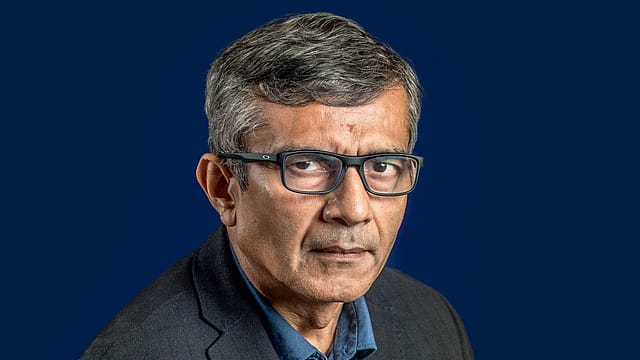Draft deep-tech policy soon
ADVERTISEMENT

The Department for Promotion of Industry and Internal Trade (DPIIT) is likely to move a policy note on deep-tech startups in consultation with the office of the Principal Scientific Advisor soon. Rajesh Kumar Singh, secretary of DPIIT, says the discussion here is to not just create a conducive policy, but also create a slightly curated incentive system for deep-tech startups. Singh met Fortune India on the sidelines of the 27th World Investment Conference in New Delhi.
"The normal incentive may not work for them as it will take a long time to go from ideation to commercialision for deep-tech startups. But then a real breakthrough can be a game changer too. They need a different level of handholding and support," Singh says.
According to him, it can cover start ups in any sector provided there is a lot of R&D involved. "Any project which has significant innovation, which has a long gestation period, which is not going to be simple process improvements or just an e-commerce site (will qualify)," Singh explains.
The National Deep Tech Startup Policy (NDTSP) Consortium, chaired by the Principal Scientific Adviser with a broad spectrum of stakeholders as members has already put out a draft deep tech startup policy for public consultation.
The draft NDTSP captures various new policy instruments and suggests necessary policy changes under themes like nurturing research, development & innovation, strengthening the Intellectual Property Regime, facilitating access to funding, enabling shared infrastructure and resource sharing, creating conducive regulations, standards, and certifications, attracting human resources & initiating capacity building, among others.
The policy is expected to complement and add value to the existing Startup India policies, programmes and initiatives, by fostering a conducive ecosystem for deep tech startups to thrive and address their unique and complex challenges.
The members of the consortium include representatives from DPIIT, Atal Innovation Mission (AIM), NITI Aayog, Ministry of Electronics and Information Technology (MeitY), Department of Biotechnology (DBT), Indian Space Research Organisation (ISRO), National Security Council Secretariat (NSCS), Defence Research and Development Organisation (DRDO), National Association of Software and Service Companies (NASSCOM), Confederation of Indian Industry (CII), and Federation of Indian Chambers of Commerce & Industry (FICCI).
The consultation and drafting process involved multiple priority setting meetings at the National Consortium and Working Group level, consultative workshops with deep tech startups in Bengaluru, Hyderabad, Mumbai and New Delhi anchored at academic innovation and incubation centres. The consortium also received inputs from over 200 stakeholders within and outside the deep tech startup ecosystem.